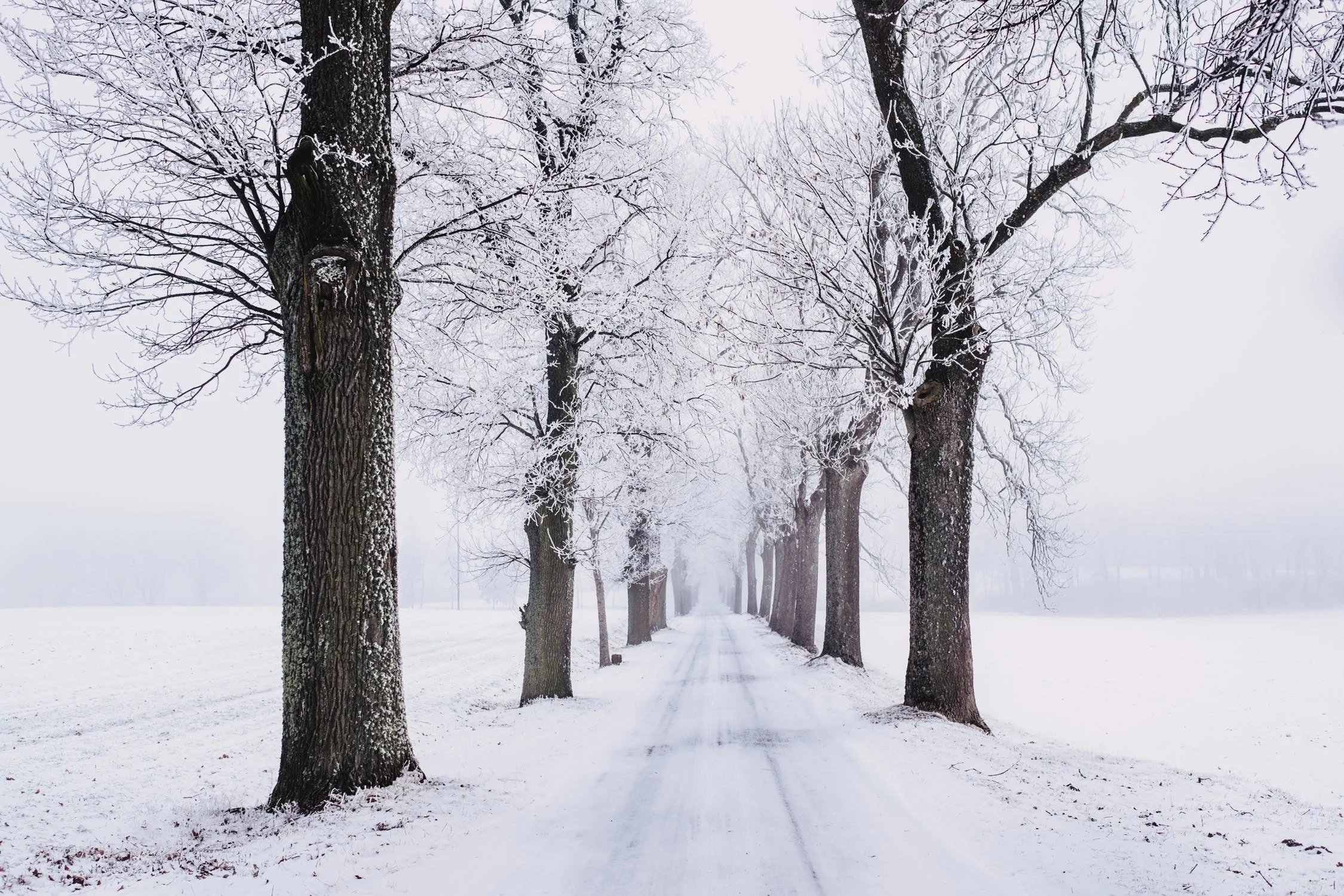There you have it folks, we went from summer…. more summer….2 days of fall, and into full blown winter!
While things are certainly getting colder as the weeks progress, Frederick Mutual would like to remind people that while cold weather may bring the festive holidays such as Thanksgiving and Christmas, it can also create serious issues within your home.
To prevent that and to keep you and your family safe this winter, here are some tips from the CDC and Today’s Homeowner to consider when preparing your home for extreme cold weather:
Check for fire hazards and be sure that all equipment, including fireplaces, are in optimal working order and are free of any defects. The best way to handle this is inspection and service by qualified HVAC and fireplace technicians.
Ensure that your home has ample working smoke detectors with fresh batteries.
Ensure that your home has fire extinguishers handy.
Have your furnace inspected! Make sure to have them check for cracks, install a clean air filter, and to make sure the furnace is working properly.
Consider putting up storm windows or installing sheet plastic window installation around the inside of your windows.
Caulk the cracks around the outside of your home.
If you use propane or fuel oil, ensure that your tank is full.
Cover or remove any window air conditioners!
Remember to heat your home safely – make sure your fireplace is up to code with plenty of dry firewood or a gas log fireplace.
Have your heating system serviced every year by a qualified technician.
If you do use space heaters, please remember to keep them at least 3 feet away from drapes, furniture, or bedding, and remember to never cover a space heater!
Protect yourself by installing a battery-operated Carbon Monoxide poisoning (CO) detector.
As a reminder, here are some additional tips regarding frozen pipe prevention:
Run a trickle or slow drip of warm water at night from a faucet on an exterior wall.
Drain pipes in seasonal, vacant, or infrequently visited residential or commercial properties.
Close crawl space vents and place insulation over the openings.
Keep garage doors closed to maintain maximum heat (especially when a laundry or bathroom is adjacent).
Open bathroom vanity doors to allow more heat inside, if pipes run along an outside exterior wall.
Leave the heat on, even when the home or business is unoccupied. Set temperatures no lower than 60 degrees Fahrenheit on all thermostats across multiple heat zones.
Caulk gaps around doors and windows or repair weather stripping.
Check the attic, walls, electrical outlets, switch-plates and basement areas for adequate insulation.
Disconnect and store all garden hoses.
Turn off and drain external faucets and sprinkler systems. You may need to call your sprinkler company to blow out any leftover water in the underground lines.
https://www.cdc.gov/disasters/winter/duringstorm/indoorsafety.html
https://todayshomeowner.com/how-to-protect-your-home-during-extreme-cold-weather/

